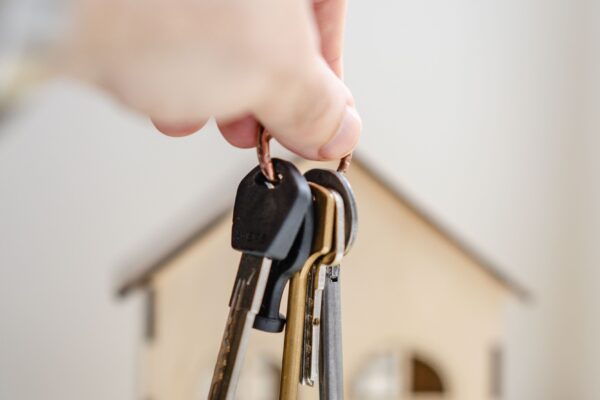A reverse mortgage has its good points, but it also brings with it disadvantages. Sure it can give Americans aged 62 and above an additional income without being weighed down by the financial responsibilities, but a few points need to be discussed.
If you plan on leaving your property to your children as their inheritance, you might want to reconsider your reverser mortgage application. But if they are financially stable and can pay off the loan if you suddenly pass in the middle of the reverser mortgage repayment, then well and good. But what if they are not financially secured and can’t pay off the remaining amount? They will stand to lose the property, and it will be extra challenging if they are also living in the same property as you.
Having a reverse mortgage might not be an option for you if you are entertaining thoughts of living in an assisted facility because of your health. One of the primary considerations when taking out a reverse mortgage is that the borrower must live in the property and make it his primary home. If by any unfortunate event that you need to live in an assisted facility for 12 consecutive months, your lender will consider it as a permanent move, and if this happens, the loan will be considered as demandable in full.
Now would be the best time to ask if you can afford the upkeep of your home because when you apply for a reverse mortgage, you would still be responsible for the homeowner insurance premiums, property taxes, and other maintenance costs. If you fail to pay regularly and on time, reverse mortgage lenders can demand payment, and you could lose your home if you can’t repay. Of course, there are cities with programs for low-income senior citizens for property tax programs and home repairs but no program for homeowner’s insurance.
Overall, reverse mortgages can be a great option for senior citizens. So if you want to know more, let us know to help you find answers to your reverse mortgage questions.



